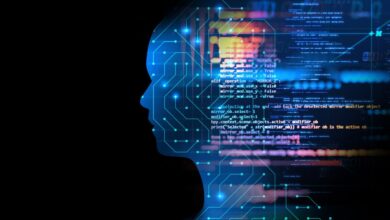The AI Paradox: Balancing Power and Responsibility

The rise of artificial intelligence (AI) has brought about a paradoxical challenge that society must grapple with—the balance between AI’s immense power and the ethical responsibility that comes with it. AI’s capabilities have expanded exponentially, from revolutionizing industries to assisting in medical diagnoses and autonomous driving. However, this remarkable progress also raises concerns about potential consequences if AI is not used responsibly.
One of the central aspects of the AI paradox is the issue of transparency and accountability. As AI systems become more complex and autonomous, it becomes increasingly challenging to understand their decision-making processes fully. This lack of transparency can lead to biased outcomes or unintended consequences, which may have significant social and ethical implications. Striking a balance between harnessing the power of AI and maintaining a clear understanding of how it reaches its conclusions is essential to ensure fairness and prevent potential harm.
Another aspect of the AI paradox is the potential for AI to amplify existing inequalities. AI relies on large datasets for training, and if those datasets are biased or reflect societal prejudices, AI systems can perpetuate and even exacerbate discrimination. For example, biased algorithms in hiring processes may lead to unfair employment practices. Addressing this paradox requires proactive measures to identify and rectify biases in AI systems, promoting diversity in AI development teams, and establishing guidelines that prioritize fairness and inclusivity.
The AI paradox also extends to the question of AI’s role in decision-making. As AI gains more autonomy, it becomes essential to delineate the boundaries between human oversight and machine autonomy. Decisions with significant societal impacts, such as healthcare, criminal justice, or autonomous weaponry, demand careful consideration and human accountability. Striking the right balance between human supervision and AI autonomy is crucial to avoid unintended consequences and ensure accountability for the outcomes.
Solving the AI paradox necessitates a multidisciplinary approach involving AI developers, ethicists, policymakers, and the wider public. By fostering an open dialogue, establishing robust ethical guidelines, and emphasizing transparency, society can harness the potential of AI while holding itself accountable for its responsible development and deployment. This balance will empower AI to be a force for positive change, supporting human progress and well-being while respecting the values and ethical principles that underpin a just and equitable society.

